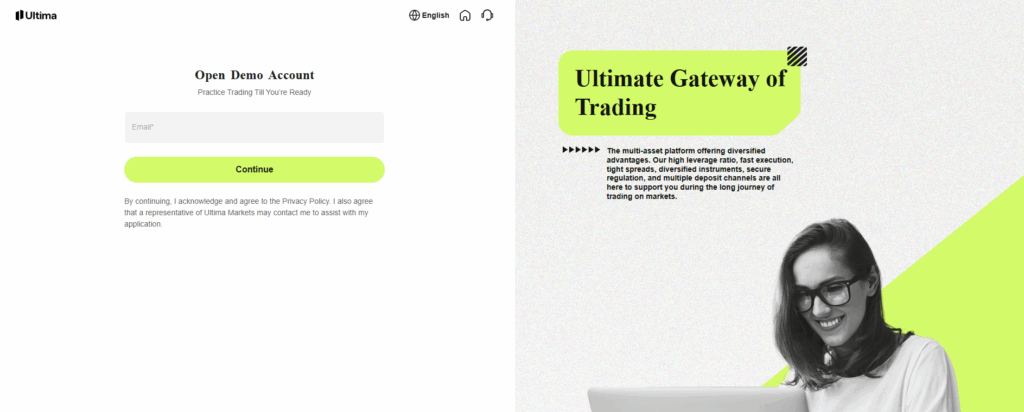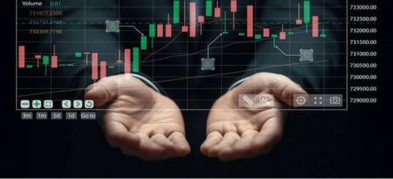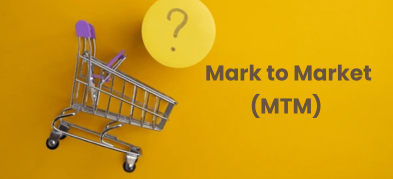
Ultima Markets App
Trade Anytime, Anywhere
Important Information
This website is managed by Ultima Markets’ international entities, and it’s important to emphasise that they are not subject to regulation by the FCA in the UK. Therefore, you must understand that you will not have the FCA’s protection when investing through this website – for example:
- You will not be guaranteed Negative Balance Protection
- You will not be protected by FCA’s leverage restrictions
- You will not have the right to settle disputes via the Financial Ombudsman Service (FOS)
- You will not be protected by Financial Services Compensation Scheme (FSCS)
- Any monies deposited will not be afforded the protection required under the FCA Client Assets Sourcebook. The level of protection for your funds will be determined by the regulations of the relevant local regulator.
Note: Ultima Markets is currently developing a dedicated website for UK clients and expects to onboard UK clients under FCA regulations in 2026.
If you would like to proceed and visit this website, you acknowledge and confirm the following:
- 1.The website is owned by Ultima Markets’ international entities and not by Ultima Markets UK Ltd, which is regulated by the FCA.
- 2.Ultima Markets Limited, or any of the Ultima Markets international entities, are neither based in the UK nor licensed by the FCA.
- 3.You are accessing the website at your own initiative and have not been solicited by Ultima Markets Limited in any way.
- 4.Investing through this website does not grant you the protections provided by the FCA.
- 5.Should you choose to invest through this website or with any of the international Ultima Markets entities, you will be subject to the rules and regulations of the relevant international regulatory authorities, not the FCA.
Ultima Markets wants to make it clear that we are duly licensed and authorised to offer the services and financial derivative products listed on our website. Individuals accessing this website and registering a trading account do so entirely of their own volition and without prior solicitation.
By confirming your decision to proceed with entering the website, you hereby affirm that this decision was solely initiated by you, and no solicitation has been made by any Ultima Markets entity.
I confirm my intention to proceed and enter this website Please direct me to the website operated by Ultima Markets , regulated by the FCA in the United KingdomTrading as a student can be one of the most valuable experiences for building financial independence early in life. With digital trading platforms and mobile apps making markets more accessible than ever, students can now learn to trade safely, even with limited funds.
This guide explains how to start trading as a student, what steps to follow, common mistakes to avoid, and smart ways to balance learning and trading responsibly.
Why Students Are Starting to Trade
Learning to trade while in university or college helps build essential financial and analytical skills. Beyond potential profits, trading teaches discipline, patience, and strategic decision-making, skills that carry over to both careers and personal finance.
Benefits of Trading as a Student
- Financial literacy: Understand how global markets move and why currencies fluctuate.
- Practical experience: Apply what you learn in economics or finance classes in real markets.
- Low entry barrier: Modern brokers offer micro-lots and fractional shares, perfect for small capital.
- Flexible timing: Forex and crypto markets trade 24/5 or 24/7, ideal for students with tight schedules.
Always start with money you can afford to lose and keep studies as your first priority.
How to Start Trading as a Student: Step-by-Step
Starting your trading journey as a student may sound intimidating at first, limited capital, busy schedules, and lack of experience can all seem like obstacles. But the truth is, the earlier you start learning, the faster you build financial discipline and market awareness.
Learn the Basics of Financial Markets
Before trading live, it’s crucial to understand how markets work. Learn the difference between stocks, forex, commodities, and crypto, as well as how macroeconomic news affects prices. Ultima Markets has provide lots of free learning resources such as UM Academy, Technical Analysis.

Choose a Regulated Trading Platform
A reliable, regulated broker ensures your funds are secure and your trades are executed fairly. Look for regulations like FCA, FSC or other credible authorities. Low fees and tight spreads. And most importantly there is demo account for you to try.

Practice With a Demo Account
Start with a demo trading account to practice without risking real money. Test different markets like forex, stocks, or indices. Try technical indicators (RSI, MACD, moving averages). Track results using a trading journal. When you can trade profitably for at least 2–3 months on demo, you’re ready to go live.
Fund Your Account Carefully
Trading as a student means limited capital so risk management is key. Begin with small deposits ($50–$200). Never use tuition or rent money. Risk no more than 1–2% of your balance per trade. Use stop-loss and take-profit orders. Remember, the goal is to learn first, profit second.
Pick a Simple Strategy
As a beginner, focus on one or two reliable trading strategies such as:
- Swing trading: Holding trades for a few days to catch medium-term trends.
- Breakout trading: Trading when prices break key support or resistance levels.
- Trend following: Trading in the direction of the larger trend using moving averages.
Avoid complex systems or over-leveraging, especially when starting out.
Track and Review Your Performance
Keep a trading journal to record:
- Entry and exit points
- Trade reasons and emotions
- Profit/loss outcome
This habit builds discipline and helps you improve over time.
Mistakes to Avoid as a Student Trader
Even the most disciplined student traders make mistakes when starting out and that’s completely normal. Trading isn’t just about charts or strategies; it’s about psychology, patience, and decision-making under pressure.
However, many beginners lose money not because the market is unpredictable, but because they repeat avoidable errors. By understanding the most common pitfalls early on, you can protect your capital, save time, and accelerate your learning curve.
Below are the most frequent mistakes student traders make and how to avoid them.
- Overtrading: Entering too many trades in one day without clear setups often leads to emotional decisions and losses. Quality over quantity always wins.
- Ignoring Risk Management: Failing to set stop-losses or trading too large a position can wipe out your account quickly. Always define your maximum loss per trade (ideally 1–2%).
- Trading Without a Plan: Jumping into markets without a defined entry, exit, or risk strategy is gambling, not trading. Stick to a structured plan.
- Following “Hot Tips” or Social Media Hype: Many online trading calls or influencer signals lack transparency. Do your own analysis before entering any position.
- Revenge Trading: Trying to win back losses immediately often results in even bigger drawdowns. Step away and review calmly before trading again.
- Neglecting Your Studies: Trading success means little if your grades suffer. Manage time wisely, education should remain your main focus.
- Skipping Journaling and Review: Without tracking trades, it’s impossible to see patterns or progress. A simple Excel or app-based journal can make a big difference.
Conclusion
Learning how to start trading as a student is less about chasing profits and more about building financial discipline, patience, and real-world market understanding. The smartest way to begin is by using a demo trading account. It allows you to practice strategies, manage emotions, and gain confidence without risking real money.
With consistent practice on a demo account, you’ll develop a solid foundation in risk management, chart analysis, and decision-making skills that will benefit you whether you choose to trade part-time or pursue finance as a career after graduation.
Once you’re confident and have a proven strategy, transition to live trading gradually and responsibly. Always start small, trade with regulated brokers, and continue learning through trusted educational resources.
Disclaimer: This content is provided for informational purposes only and does not constitute, and should not be construed as, financial, investment, or other professional advice. No statement or opinion contained here in should be considered a recommendation by Ultima Markets or the author regarding any specific investment product, strategy, or transaction. Readers are advised not to rely solely on this material when making investment decisions and should seek independent advice where appropriate.












